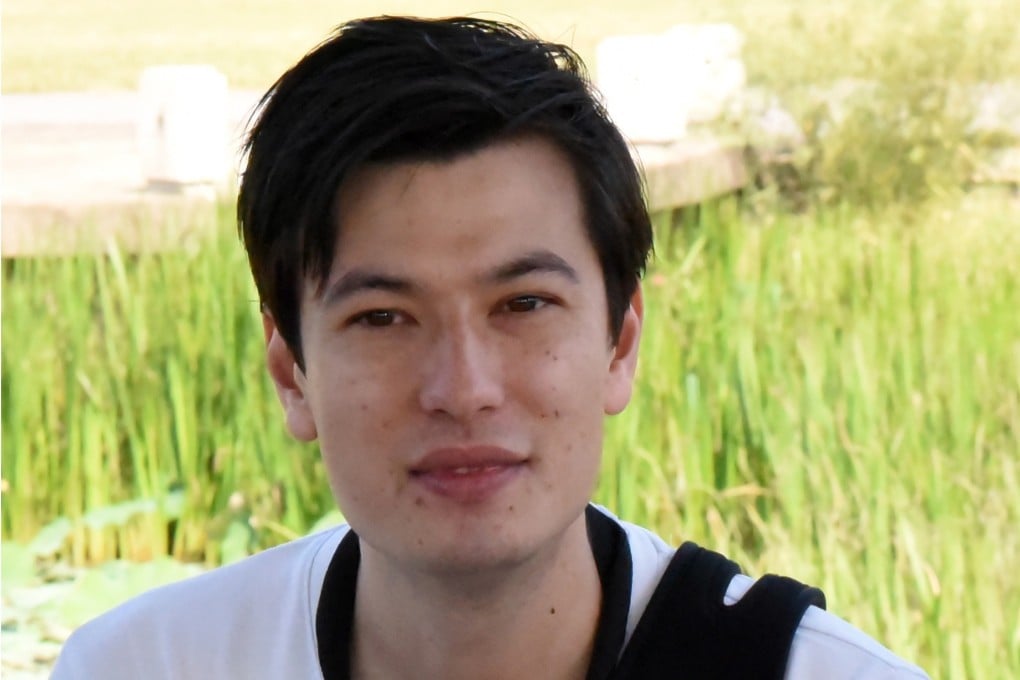‘The only Australian living in North Korea’ Alek Sigley was prolific social media user before he went missing
- The Australian student was known for posting about his colourful life inside the secretive nation. But if his detention is confirmed, it would add him to a long list of foreigners whose fascination with North Korea landed them in hot water

Alek Sigley’s last post on Twitter was of North Korea’s Ryugyong Hotel, a pyramid-shaped glass building known as the “Hotel of Doom” for the numerous problems rumoured to have plagued its construction.
The tweet, posted on Monday, garnered no shortage of attention, with 100 retweets and more than a dozen comments. Like many millennials, the 29-year-old Australian could boast a bona fide social media following of more than 4,000 people – the only difference being he was tweeting from inside the most reclusive and authoritarian regime on earth.
Now Sigley is feared detained in North Korea – a fate that, if confirmed, would add him to a long list of foreigners whose fascination with the secretive country landed them in hot water.
As of Thursday afternoon, Sigley’s Facebook page, which contained many of his cross-posted tweets, appeared to have been deleted – while his Twitter account remains active for the time being.